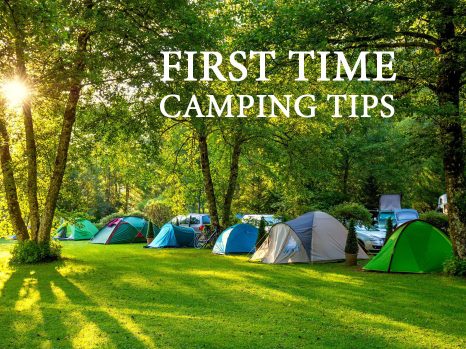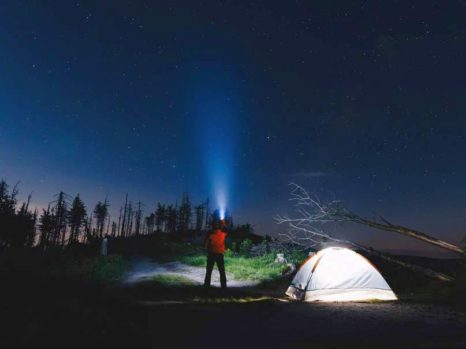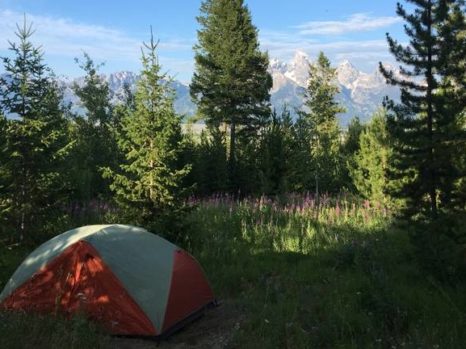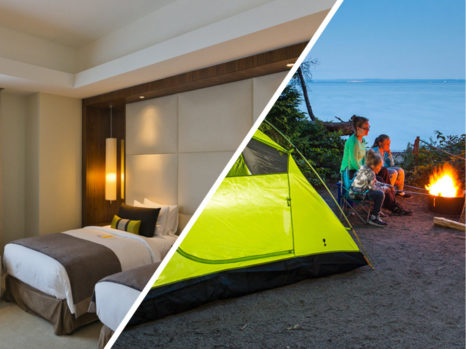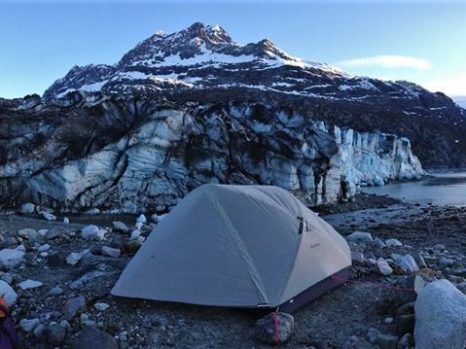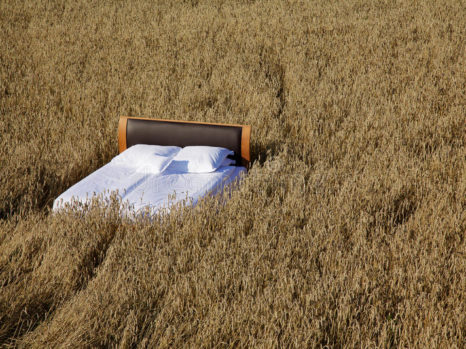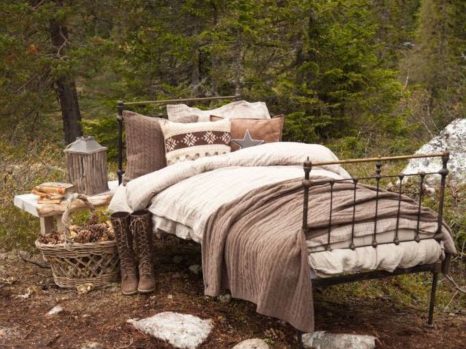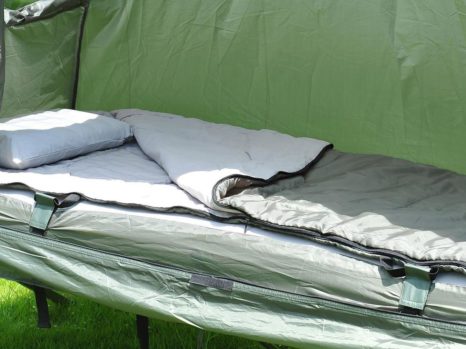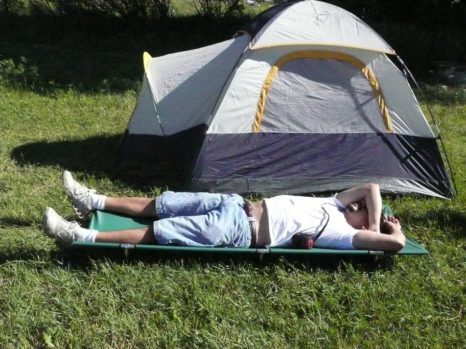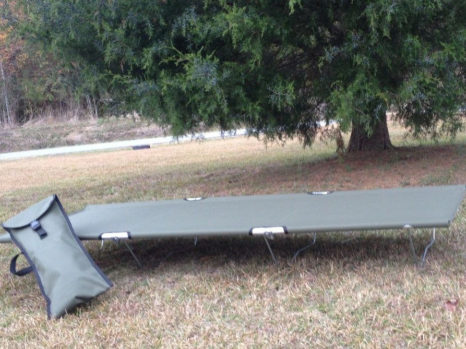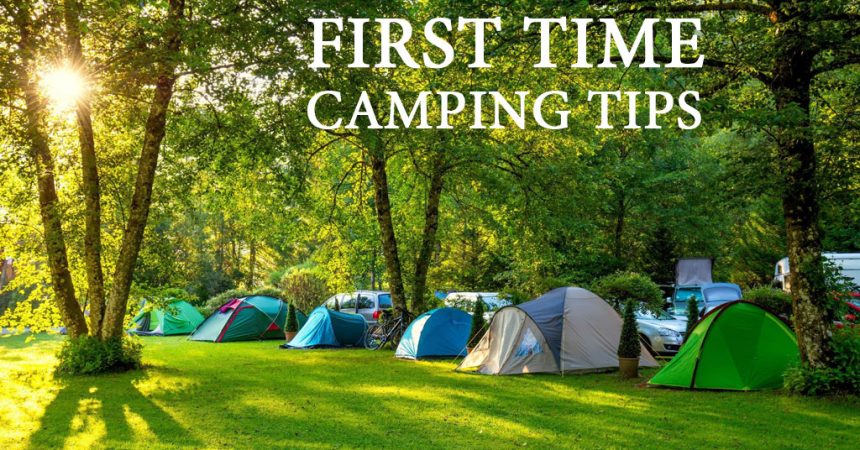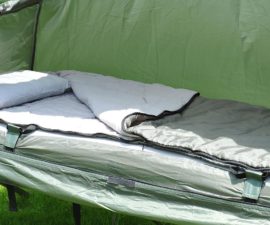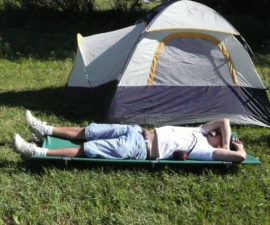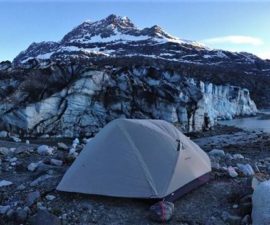“- Oh! I totally forgot this!”
” – Alas, I missed this item too.”
Don’t get us wrong. But, these are the golden words uttered by the majority of the first time campers out there. As a result, they are not able to camp like a boss. Don’t worry; we will show you the right path so that you don’t echo these golden words on your first camping trip. After all, a camping trip should not make you feel like a jail term.
- Double-Check your Gears
Sounds obvious, right? The only quarrel is that most first-timers don’t test their gears before leaving. Believe us or not, seasoned campers inspect even brand new items to check if they are in working order or not. From the camping flashlights to the camping cot and everything else in between, a camper should personally try them out.
- Bring Enough Clothes
This may seem like an obvious point, but it’s often overlooked. Remember, you won’t have laundry facilities at the camping ground. Also, unexpected weather can force you to switch clothes more often than usual. For instance, an unanticipated rain can demand a rain suit. Once the rain makes way for a cool evening, you might have to wear a jacket or a sweater. No points for guessing; it’s best to bundle up your clothes according to the weather.
- Don’t Venture Too Far
As a first-time camper, don’t follow ‘you-only-live-once lifestyle.’ Simply put, don’t travel too far on your first trip. From running out of supplies to change in weather conditions, a myriad of factors can force you to go home sooner than usual. Therefore, your best bet would be to camp somewhere close to your home. Once you have gained enough experience from your first few camping trips, you can push the camping envelope and travel far and beyond. This is what a smart camper should ideally do.
- Research, Research, and Research
The more you research about your campsite, the better are your odds of improved stay and survival in the outdoors. Through research, you will learn a lot of things in advance. For instance, you will know whether the place has access to safe drinking water or not. You will also learn about potential dangers, weather conditions, meal planning, and many other essentials that go into an outdoor trip. Finally, avoid late arrivals at the camping ground. Late arrival comes with a lot of stress.
- Other Essentials:
- Big Enough Tent: Unless you don’t mind spending a few nights in an overcrowded tent, do yourself a favor and get a spacious tent. Always, pitch your tent in daylight.
- First Aid Kit: Don’t duck out the bandages and other medicines in the hope that you will have access to a local drugstore near the campsite. Also, don’t forget your prescription drugs.
- Meal Planning: Campfire is great. But, have a backup plan too. Also, be sure to carry boatloads of snacks because you might really miss them.
- Camping Flashlights: Camp sites usually have zero illumination. So, you will have to make your own arrangements. A camping flashlight should do the trick over here.
- Avoid Litter: Come nightfall, and you might attract unwanted visitors to the litter. Leave no trace of food to deter hungry animals from your tent.
- Carry Earplugs: As such, this is not a must-have product. But, it might help to increase your happiness in the middle of a camping trip.
Word of Advice: Be realistic and don’t carry everything under the sun based on the logic of ‘just in case.’ In short, carry necessities and not luxuries. Also, be prepared for the worst-case scenario. Inform your friends and family members about the place of visit and the estimated time for a comeback.
Final Words
A successful camping trip starts before you leave your home. If more campers understood this, there would be far less self-pitiful moments and far more enjoyable moments. The better you plan your trip; generally the better your trip is going to be.

